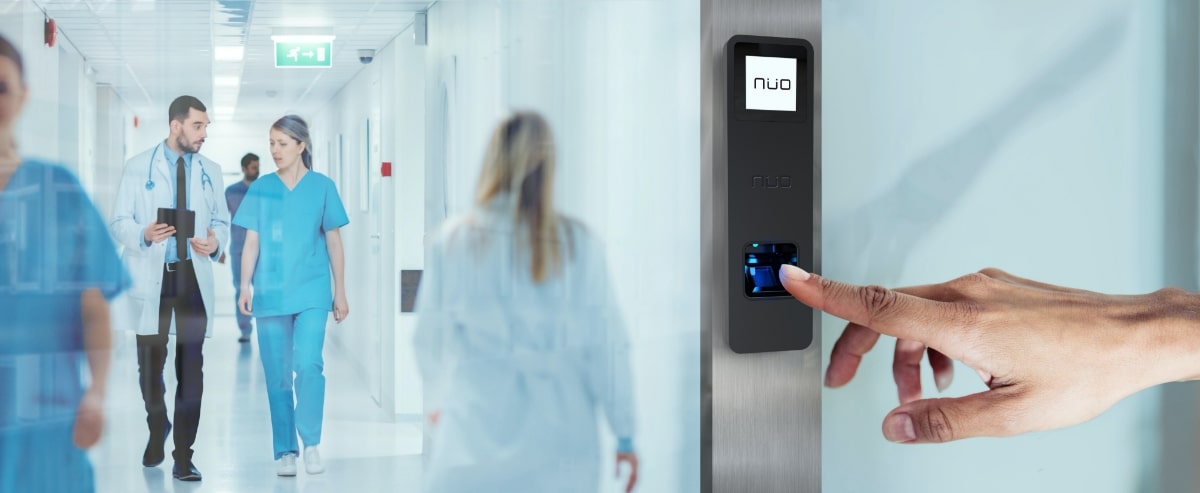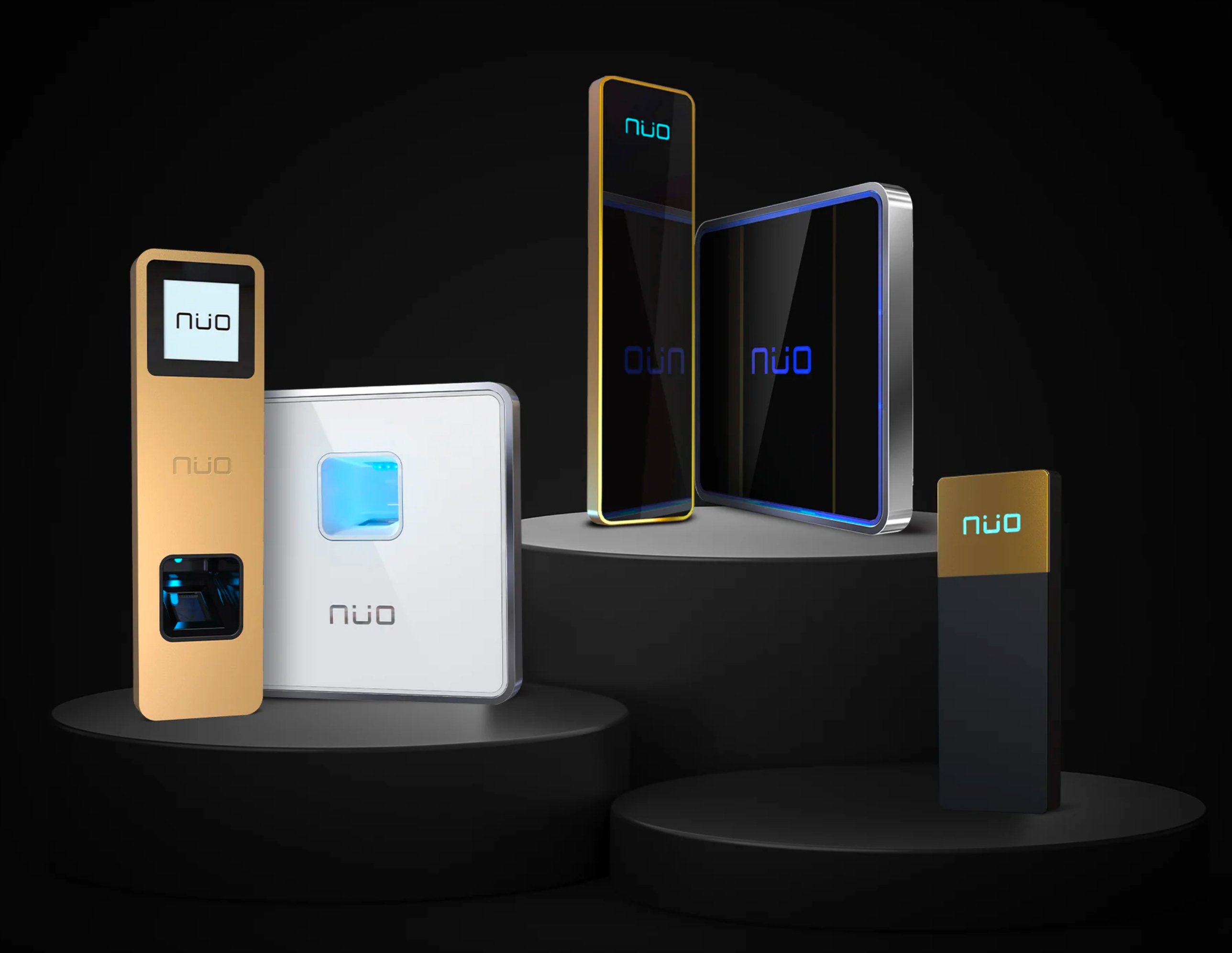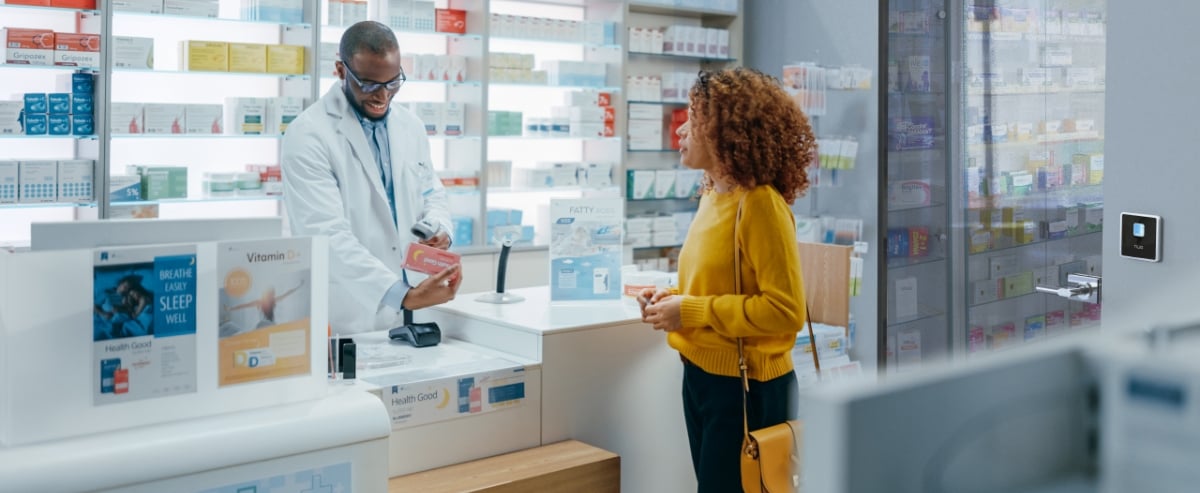Security in hospital centres not only focuses on guaranteeing the protection of the building, but also on controlling all the hospital's independent infrastructures, to guarantee a safe environment where users can be identified. Hospitals are places where thousands of people pass through every day, whether they are patients, medical staff, visitors, temporary staff, subcontractors, etc. This requires paying special attention to access and security control systems.
In a hospital centre where the appropriate security systems are not in place, where everyone has access to any area without restrictions, strangers will be able to access high-risk areas for patients, operating rooms, pharmacy areas, or even impersonate the identity of the healthcare staff.
For example, considering the health crisis we have lived through, we have seen how it has been key to effectively protect isolation areas in order to prevent cross-contamination between people who can freely access all areas of the hospital.
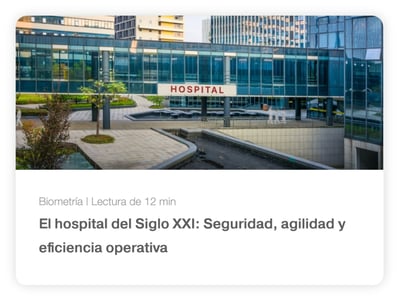
However, not all security systems are equally effective and secure. In this regard, biometric systems are those that have proven to be truly effective.
In this article, we will tell you the reasons why using biometric systems in hospitals is synonymous with security.
Read on and discover which is the best access control system for your hospital
How do biometric systems work?
These systems are the market leaders in providing security. Implementing biometric readers in hospitals is the best solution when it comes to access control.
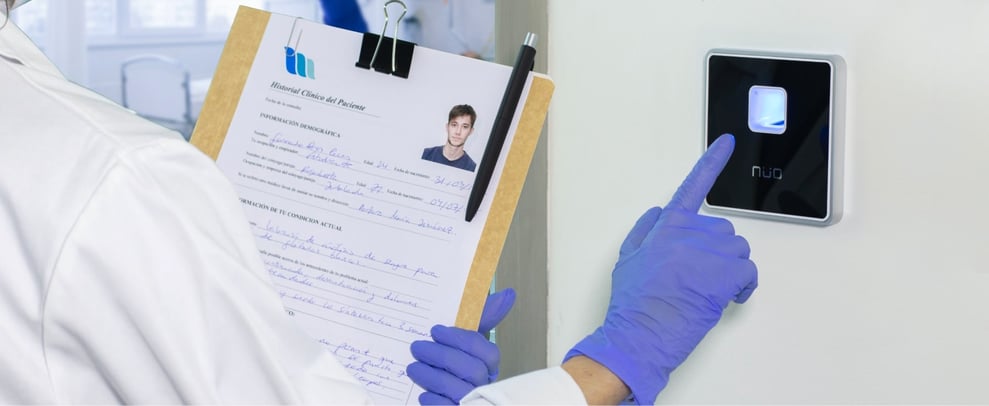
A biometric fingerprint access control system is a high-tech identification system that uses biological measures based on the physiological qualities of the user. It is therefore a fully personal and non-transferable system.
In addition, an increasing number of users are using these biometric systems due to the guarantees that they offer. The most innovative buildings currently use these systems, whether they are corporate/industrial/institutional buildings, or private homes... so why not use them in hospitals?
Types of biometric systems
These systems can have different types of recognition:
| fingerprint identification | |
| facial recognition | |
| vascular or iris recognition, among others. |
However, the most used, secure, and reliable are fingerprint readers. These biometric systems are more comfortable to use and it is these readers that provide the greatest security guarantees due to the unique biometric patterns of fingerprints.
The benefits of using fingerprint readers in hospitals
As we have mentioned before, a good security system is needed in hospitals to ensure the security of patients, medical supplies, rooms, confidential information, and more.
Biometric access control systems are those that provide maximum security, since each person is their own key via their fingerprint, avoiding the possible loss or theft of cards, forgetting access codes that are also usually very easy to hack, and also preventing employees from exchanging credentials or lending them to people outside the hospital.
At NÜO Planet, we have been working on identification technologies for more than 20 years and designing and manufacturing biometric fingerprint readers and access control systems in our centre in Madrid, which are perfect for implementation in a hospital, with the following benefits:
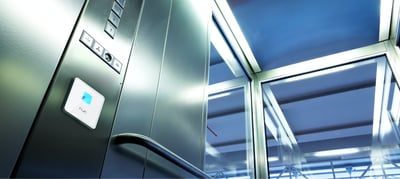 |
Lift management: Thanks to biometric systems, it is possible to designate certain lifts for the exclusive use of healthcare personnel, |
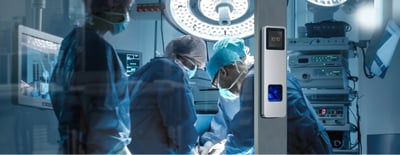 |
Control of specially protected areas: These areas are the ICUs, quarantine areas such as COVID-19 areas, pharmacy areas, the morgue, etc. Controlling these rooms is essential in order to guarantee the protection of all hospital users, since no stranger will be able to enter these areas and cause any damage. |
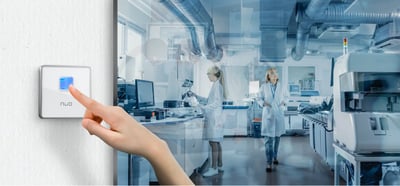 |
Control of accesses to laboratories and sensitive material:In a hospital centre, clinical trials and research are also carried out in laboratories that may contain sensitive material and information. If anyone could access these facilities, they could hinder or contaminate the trials or steal confidential information. It is therefore necessary to install an access control system. |
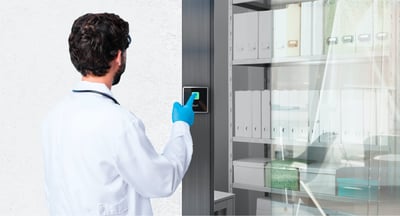 |
Control of files. Patient information is completely private and confidential, so it is essential to install a biometric security system so that no person outside the hospital can access these protected records. |
As we have seen, biometric systems, such as the use of fingerprint readers, are the best option for securing hospitals. At NÜO Planet, we have specific solutions designed for the health sector, which offer all the guarantees of safety and efficiency when implemented in hospitals.
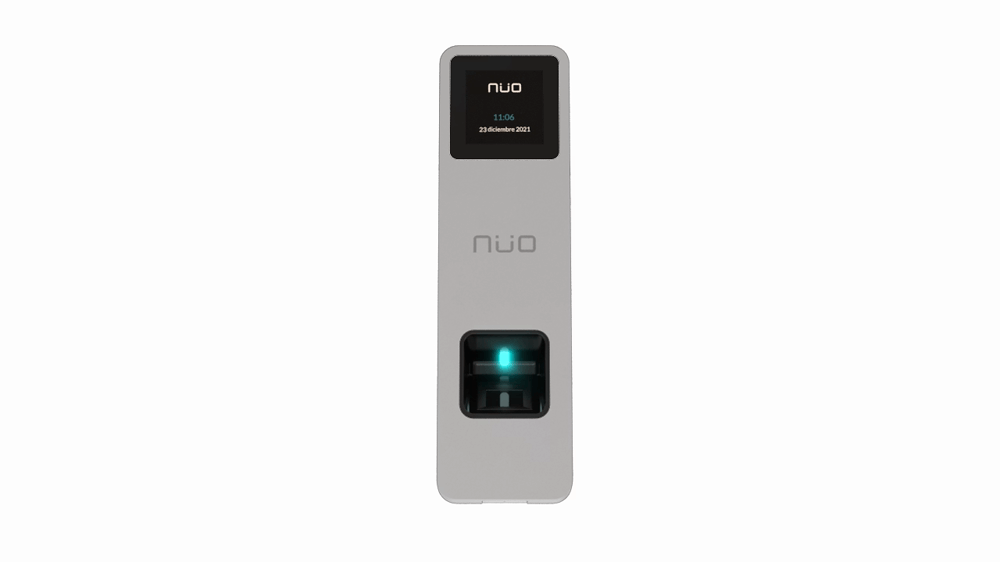 |
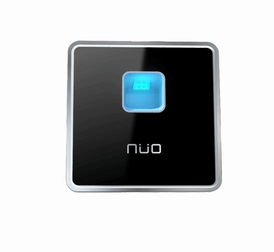 |
Our biometric readers offer you the latest technology that can recognise the fingerprints of healthcare personnel even when wearing latex gloves
Still have questions? You can learn more about it on our blog!
Escrito por: NÜO Planet
Categorías: Biometrics, Health Sector
